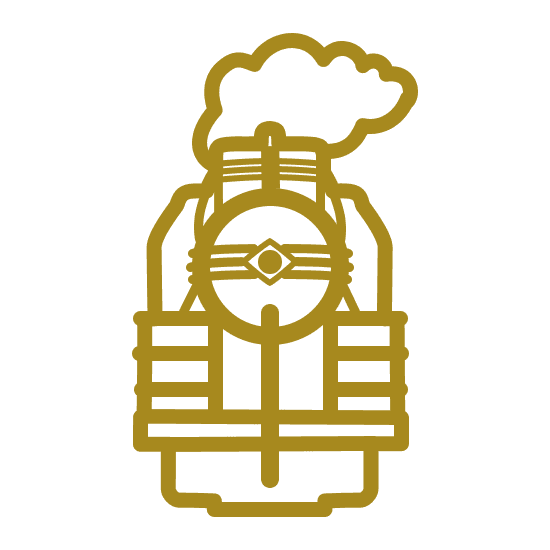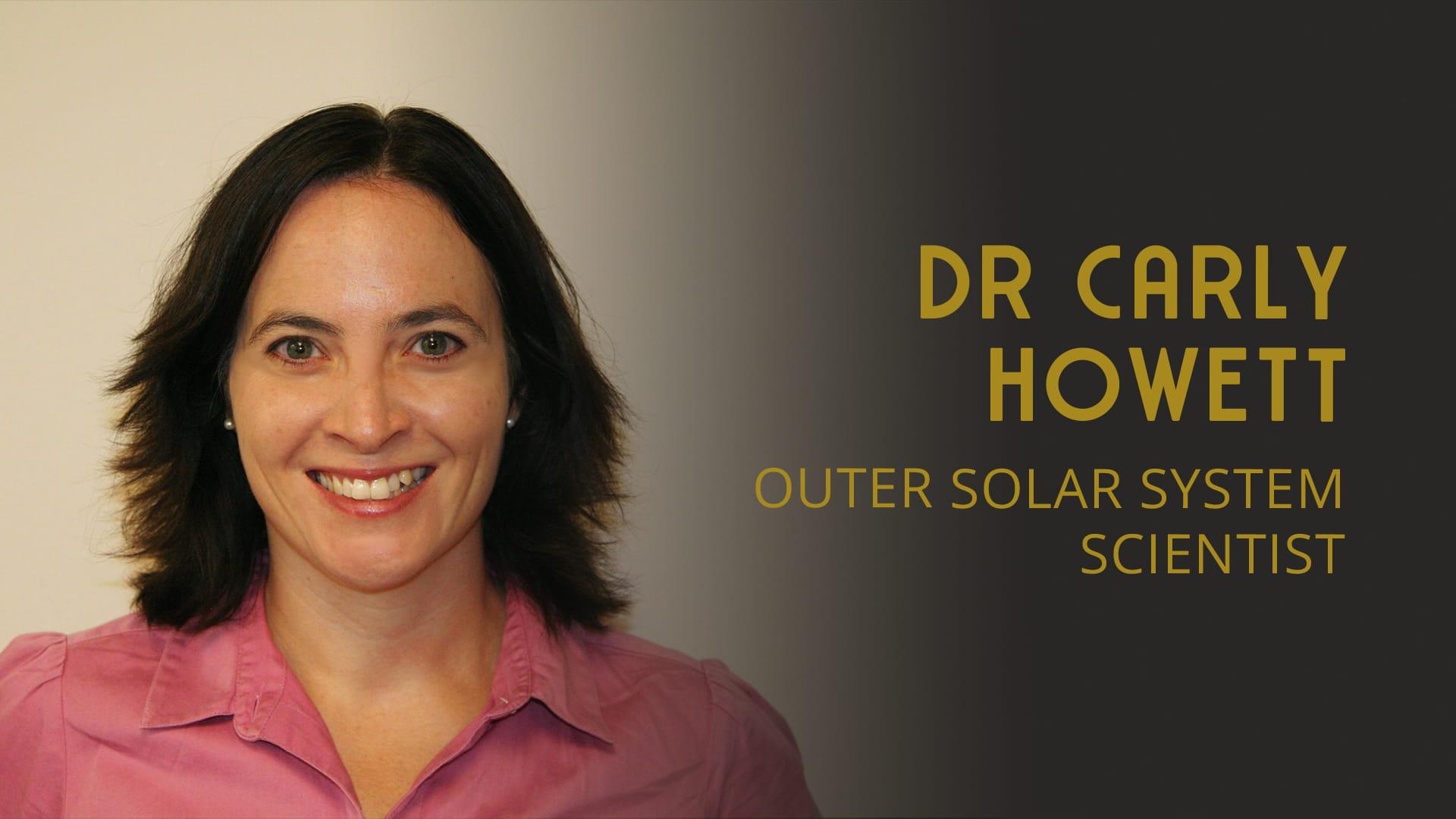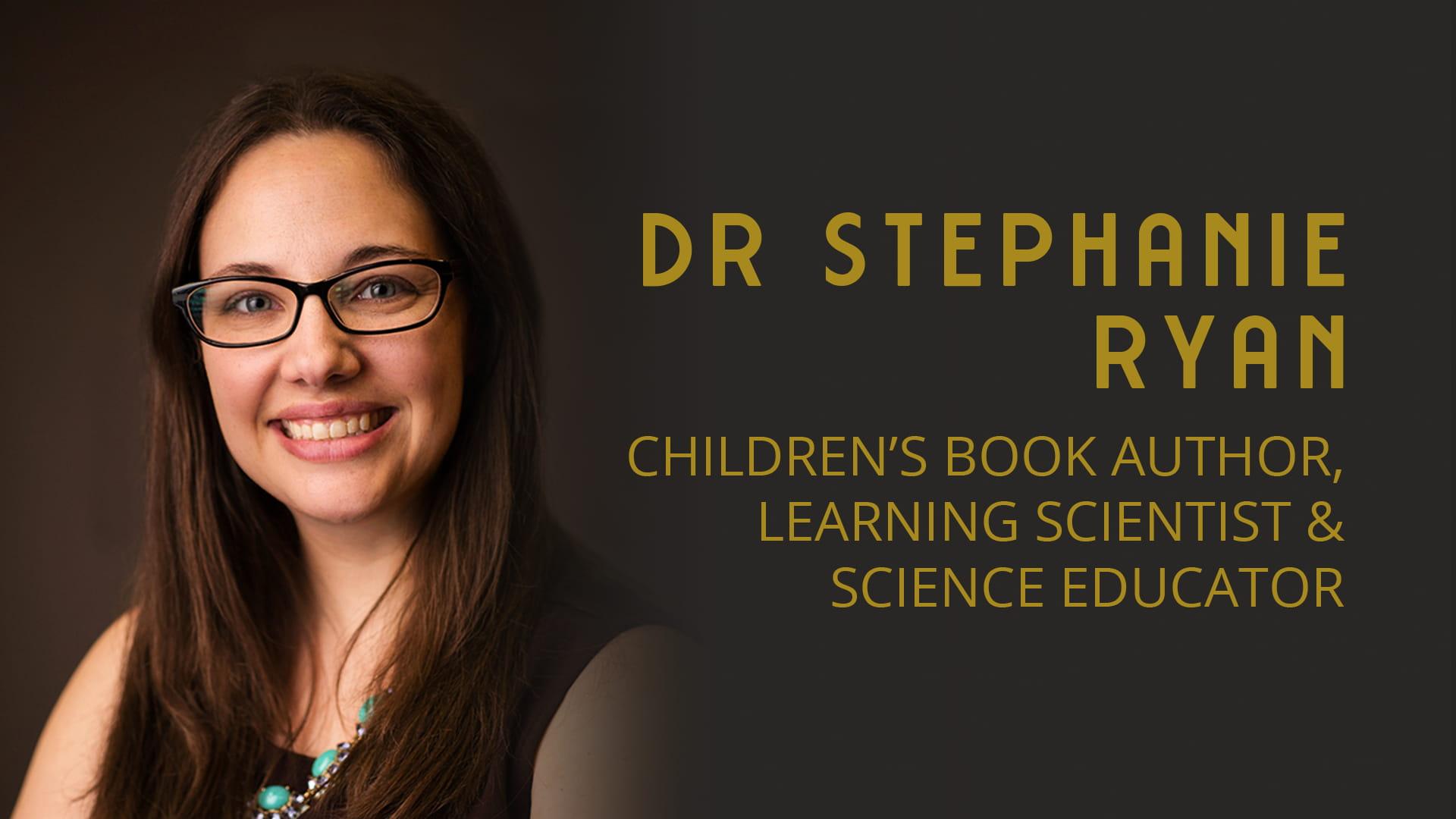Antarctic Whales and Microbial Ecology with Dr Elanor Bell
Dr Eleanor Bell is a whale research scientist who is passionate about conservation and the polar marine environment, and works to translate multinational research outcomes into policy.
Join us as we talk about microbial ecology, seahorses, whales, and working in Antarctica.
About Dr Elanor Bell
Dr. Elanor Bell is a senior research scientist at the Australian Antarctic Division where her role combines a passion for conservation and the polar marine environment, with her experience of coordinating multi-national research and translating the outcomes to policy. Throughout her career, Elanor has wintered twice in Antarctica studying some of the smallest organisms on the planet (microbes) and now works on the largest creatures on the planet, Antarctic blue whales.
- Australian Antarctic Division
- Facebook: @AusAntarctic
- Twitter: @AusAntarctic
- Instagram: @AusAntarctic
Books
Books authored by or mentioned in our conversation.
- The Lord of the Rings by Tolkien, JRR GoodReads
- The Hobbit by Tolkien, JRR GoodReads
- Life at extremes: Environments, organisms and strategies for survival by Bell, EM GoodReads
Listen to the Podcast
Listen on Apple Podcasts, Spotify, iHeartRadio, Amazon Music, Castbox, Deezer, Goodpods, Overcast, Pocket Casts, TuneIn, Blubrry, Digital Podcast, Gaana, Podcast Addict, Podchaser, Podhero, PlayerFM, JioSaavn, RSS, and other podcast platforms.
Watch on YouTube
- [00:00:45] Elanor's interest in environmental biology.
- [00:00:57] Wanting to make a difference.
- [00:01:22] Combining her love of marine biology and plants.
- [00:02:48] Field work in Scottish woodlands.
- [00:03:28] Envisioning a future in the tropics.
- [00:04:11] Discovering the beauty in microbiology and polar ecology.
- [00:06:07] Unexpectedly ending up doing a PhD in Antarctica.
- [00:07:50] Being far from home in an isolated environment.
- [00:09:00] Preparing to go to Antarctica.
- [00:09:07] Intensive scientific and field training for working and living in Antarctica.
- [00:11:00] Elanor's outdoor passion and the Duke of Edinburgh's Award providing foundations.
- [00:11:33] The psychological and interpersonal training.
- [00:12:58] Elanor's experience on her first deployment.
- [00:13:54] The cold and being out on the ice.
- [00:15:30] From lakes in Antarctica to seahorses.
- [00:16:41] The struggles of writing a PhD.
- [00:19:03] Needing a literal sea-change from pure science.
- [00:19:31] An opportunity to work in conservation with seahorses in Canada.
- [00:22:07] Taking chances with new experiences.
- [00:22:57] Project Seahorse.
- [00:23:31] Conservation is more than just the message, it's giving back to the communities involved.
- [00:26:07] The purposes seahorses have been fished for.
- [00:28:03] Returning to microbial ecology.
- [00:29:02] Taking a chance on a postdoc in Germany on extremophiles.
- [00:32:00] On the scope and flexibility of postdoctorate work.
- [00:34:48] Being able to design a marine conservation course incorporating Elanor's past work experiences.
- [00:35:36] The desire to pursue more applied sciences.
- [00:35:53] Needing to solve the two-body problem.
- [00:36:27] Relocating the family to Australia.
- [00:36:36] Submitting a manuscript as she went into labour. (!!)
- [00:38:26] Returning to the Australian Antarctic Division to study whales.
- [00:38:49] Wanting to do research that would contribute to conservation.
- [00:39:27] Writing job applications with a baby sleeping on you in the middle of the night.
- [00:41:08] Balancing field work with young children.
- [00:41:45] The struggles of breastfeeding while travelling for work.
- [00:42:51] Being able to see the science applied at a policy level.
- [00:43:09] Timing the longer journeys and being selective about the work related travel.
- [00:43:28] Combining eco-tourism outreach with research.
- [00:45:02] Communication with Antarctica is so much easier than it used to be.
- [00:45:56] Researching minimally invasive techniques for studying marine mammals.
- [00:46:53] Using sonobuoys for scientific research purposes.
- [00:48:22] Other methods and technologies used to collect data about whales.
- [00:49:28] Learning about the populations and population health through biopsies.
- [00:50:52] Getting a picture of Antarctic Blue Whale population health.
- [00:52:09] The project is a multidisciplinary study: The whale/krill relationship.
- [00:53:15] Socialisation and feeding behaviours.
- [00:54:38] The impact of the krill industry on whales.
- [00:55:19] How all that ties back in to conservation.
- [00:56:16] Everything you wanted to know about whale toileting behaviours but were afraid to ask.
- [00:57:21] The sampling process and analysing the impact of fertilisation.
- [00:59:27] The cycle of productivity.
- [01:00:21] The impact of smaller whale populations on local productivity.
- [01:01:11] Bonus Question 1: What hobby or interest do you have that is most unrelated to your field of work?
- [01:02:37] Bonus Question 2: Which childhood book holds the strongest memories for you?
- [01:02:40] Elanor's father reading to them at bedtime.
- [01:03:07] Elanor's relationship with The Hobbit and The Lord of the Rings.
- [01:05:00] Bonus Question 3: What advice you would give someone who wants to do what you do? Or what advice should they ignore?
- [01:05:09] You don't need a plan, but you should enjoy what you do.
- [01:05:27] Gone is the ivory tower.
- [01:06:31] Find a mentor and a support network.
Highlights
- Life at Extremes by Elanor Bell (BookDepository)
Topics/Resources/People Mentioned
- St Andrew's University
- Gatty Marine Laboratory (wiki)
- Daintree Forest
- Diatom (wiki)
- British Antarctic Survey
- La Trobe University
- Australian Antarctic Division
- Duke of Edinburgh's Award
- Nottingham University
- Project Seahorse
- McGill University
- The Shedd Aquarium, Chicago
- Extremophile (wiki)
- Heliozoa (wiki)
- Potsdam University
- Two-Body Problem (wiki)
- International Whaling Commission (IWC)
- Commission for the Conservation of Antarctic Marine Living Resources (CCAMLR)
Connect with Us
- @steampoweredshow
- @steampoweredshow
- @steampoweredshw
- @steampoweredshow
- @steampoweredshow
- @steampoweredshow
- steampoweredshow
Support STEAM Powered
Review Us
Please leave us a review on Apple Podcasts, Spotify, GoodPods, Podchaser, or your preferred podcatcher.
Become a Patron
Affiliate Programs
Start your own podcast or YouTube channel, or run panels and seminars with Riverside.fm. Record up to 8 people in a session with up to 1000 audience members. You can record in advance as I do, or you can livestream with the option to send it straight to Facebook, Youtube, Twitter, or Twitch. There's even a green-room for guests and live call in for audience members. Afterwards, get separate video (up to 4K) and audio (up to 48kHz) tracks per recorded participant for editing, none of that “active speaker only” limitation. You know you're in good hands with a service whose client-base includes some heavy-hitters. Check out Riverside.fm to see who else is on board. Use promo code STEAM25 to get 25% off the first three months of your subscription.


